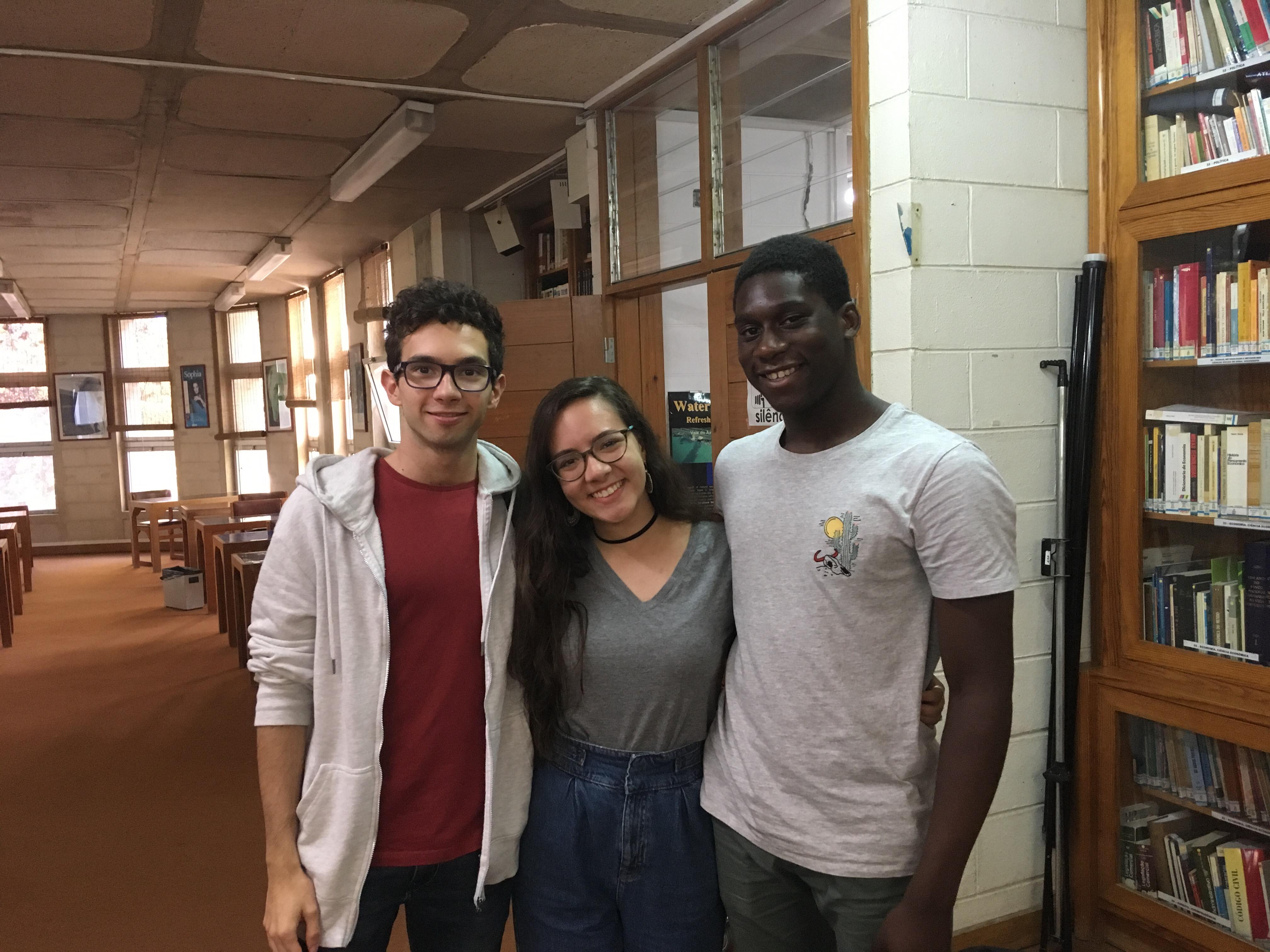Research in Culturgest by Iva Kosmos
ZRC SAZU has conducted a research at Culturgest in Lisbon that centered on the reception of the documentary performance Os Filhos de Colonialismo/The Children of Colonialism, coproduced by Culturgest and Hotel Europa. The Children of Colonialism targeted the difficult topic of silenced history of Portuguese colonialism and was specially performed for students from different high schools in Lisbon. The intention of the research was to conduct interviews with selected students and teachers in order to get insight into how did the students experience this performance. The aim was to assess how the performance interacts with student’s everyday experience, their individual histories and their knowledge on Portuguese history. In other words, the research was interested in the possible social impact of the performance.
The results have shown that The children of Colonialism was very relatable, engaged the students in rethinking their intimate family’s pasts and their knowledge of Portuguese history in general. In contrast with the teacher’s expectations students expressed a strong need to discuss recent history and learn from it. Most of them do not feel comfortable to discuss this topic in their families, but they are convinced that it is the school’s responsibility to educate them through a curriculum and other events, such as the mentioned performance. The only difference that appeared between students from different schools considered the form of the performance. While students from technical school and lower socio-economic background disliked the minimalistic scenography and the mode of verbatim theatre, students from schools with general and art-oriented program appreciated it. It is possible to connect this to student’s general cultural education and cultural capital they received in their families. However, even the students that “disliked” the show, paid close attention to it. This was expressed by their behavior, silence and focus on the performance that was, according to their teacher, different from how they usually behave at similar events. In the end, both teachers and students noticed that talking about the past is a process, which cannot be concluded with a single performance, debate or an event. The additional production(s) that would be aimed to high school population would complement this process and answer student’s needs to talk about the past and better understand their present.






